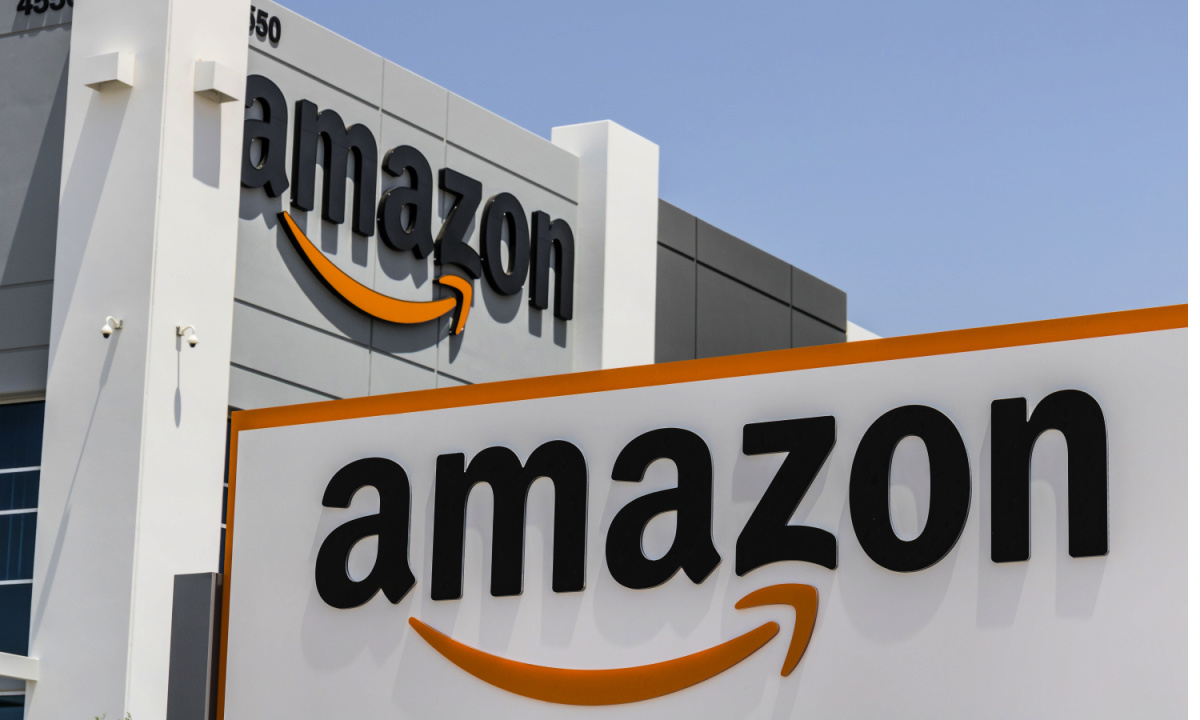Amazon has raised prices on thousands of lower-cost items, a move attributed to new tariffs imposed by the White House. According to a report by the Wall Street Journal on July 20, 2023, the increase affects nearly 1,200 products, including basic household goods like deodorant and protein shakes. This shift comes despite Amazon’s earlier commitment to maintaining lower prices.
The Wall Street Journal conducted an analysis of prices from the eCommerce data firm Traject Data and found that while Amazon’s prices for certain inexpensive items increased, rival retailer Walmart actually reduced prices on similar goods by nearly 2%. This divergence in pricing strategies reflects how major retailers are navigating the challenges presented by ongoing tariff-related uncertainties.
In response to the findings, Amazon stated that the products tracked by the Wall Street Journal did not accurately represent its overall pricing strategy. The company emphasized, “We have not seen the average prices of products offered in our store change up or down appreciably.” Amazon’s commitment, they claimed, is to provide low prices that deliver value to customers.
Interestingly, manufacturers of several items that experienced price hikes on Amazon indicated they had not raised the prices charged to retailers. Notably, domestically manufactured products, such as Campbell’s Soup labeled “Made in U.S.A.,” also saw price increases. The report highlighted that both imported goods and products made in the U.S. using imported components faced significantly higher prices. For example, a stackable metal basket from Dayglow LLC, based in Ohio, jumped from $9.31 to $19.99 shortly after the tariffs were announced.
As retailers grapple with these pricing changes, a recent report from PYMNTS outlined the broader landscape facing Amazon and its competitors during critical summer sales events. The report noted that consumer behavior is shifting, with a demographic of younger shoppers, particularly Gen Z and younger millennials, driving new expectations. This group is increasingly cautious, tech-savvy, and values-driven, seeking personalized experiences and ethical transparency in their purchases.
The economic environment appears challenging, as consumers confront the resumption of student loan payments, rising mortgage rates, and persistent inflation. Research from PYMNTS Intelligence indicates that more than 80% of consumers are adjusting their spending habits to cope with the financial pressures linked to tariffs. In fact, the average consumer is reportedly making nearly five behavioral changes, with 44% already altering their shopping practices due to tariff-induced price increases.
As Amazon and other retailers navigate these turbulent waters, the impact on consumer behavior will likely continue to evolve, shaping the retail landscape for the foreseeable future.
